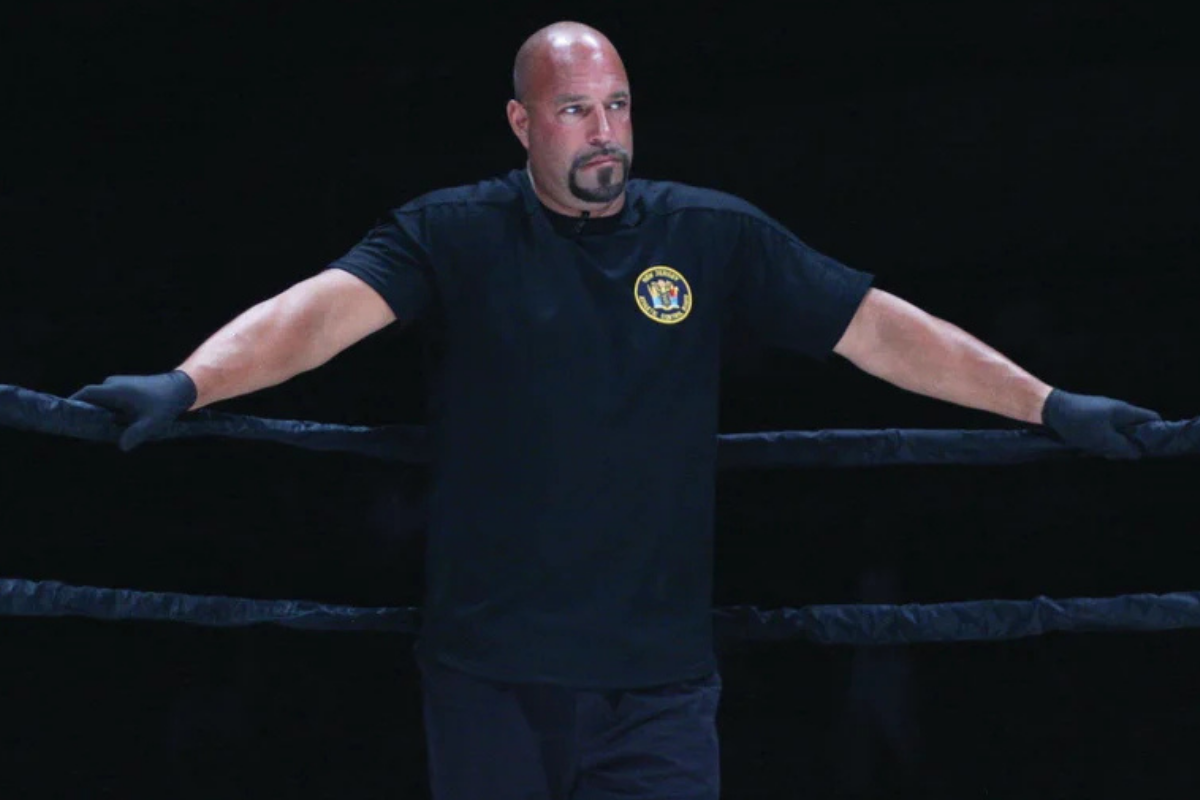
Imago
Credits: Imago

Imago
Credits: Imago
The tension at UFC 320 was clearly visible even before the Octagon doors closed. While all eyes were on Alex Pereira and his high-stakes rematch with Magomed Ankalaev, whispers off-camera hinted at a developing conflict involving one of the sport’s most notorious managers. Fans understood that Pereira was looking for more than just redemption for his lost title; there was an undercurrent of frustration waiting to be unleashed, and it promised to spill beyond the confines of the fight itself.
Watch What’s Trending Now!
When ‘Poatan’ returned to the Octagon and quickly won with a first-round TKO, the expected celebration came with an unexpected twist. Not long after the win, Alex Pereira has now targeted Ali Abdelaziz, a manager who has long been linked to Khabib Nurmagomedov and is known for inserting himself into high-profile disputes through the fighters he manages.
ADVERTISEMENT
Alex Pereira doesn’t hold back against Ali Abdelaziz
The now two-time light heavyweight champion message on X was crisp, direct, and tinged with rage that only a fighter risking everything inside the cage could understand: “When a manager has never been an athlete and wants to promote to gain fame and money, but you’re the one in there risking your life, and he’s laughing outside.” The Brazilian’s anger wasn’t out of nowhere.
ADVERTISEMENT
After losing the belt to Ankalaev at UFC 313, Alex Pereira had recalibrated his approach, focusing on intense training sessions and flawless execution in the rematch. Despite this extensive planning, the specter of outside interference lingered. Abdelaziz, who had played roles in Khabib Nurmagomedov‘s famed spat with Conor McGregor, was a constant presence in media narratives, often drawing ire from fighters and fans for his proximity to conflict without ever stepping into the cage himself.
Just a few days ago, on The Ariel Helwani Show, Pereira expressed the extent of his discontent towards the manager. “Honestly, I don’t know Ali’s story. I don’t know his background,” he said. “But we know that he seems to be a guy that likes to be in the media… He seems to be a guy that was used to fame, stopped fighting, but now keeps trying to show up, using his fighters. Everybody sees that.”
ADVERTISEMENT
View this post on Instagram
His statements were laced with incredulity and irritation, showing a fighter unwilling to allow external drama to eclipse his accomplishments. The parallels to Conor McGregor’s previous grievances were clear. Both stars have openly expressed their dislike for Abdelaziz, viewing him as someone who profits from the risks his athletes take while remaining protected from the realities of the cage.
ADVERTISEMENT
Alex Pereira saw his win over Ankalaev as a statement of not just skill but also principle — an assertion that, while managers may talk, it is the fighters who actually put their lives on the line. But why is there so much hate for the manager in the heart of the Brazilian fighter? It is possible that Magomed Ankalaev‘s social media posts have a lot to do with it.
The reason why ‘Poatan’ went off on Abdelaziz
ADVERTISEMENT
The tension between Alex Pereira and Ali Abdelaziz appears to stem from more than just rivalry; it is linked with social media warfare. Magomed Ankalaev’s posts in the months leading up to UFC 320 were more than just trash talk; they were frequently amplified and manipulated in ways that suggested a greater hand at work.
Pereira, no stranger to criticism, soon learned to distinguish between what was planned bait and what crossed a line, and Abdelaziz’s involvement appeared to fuel his ire. Ankalaev had regularly targeted Pereira on social media, criticizing his fighting style and even insulting his training routine.
ADVERTISEMENT
A video showing Pereira’s punishing wrestling drills was dismissed by the Russian as irrelevant, insinuating that all the preparation wouldn’t matter given how the first encounter had gone. The repeated jabs, along with the idea that Abdelaziz played a role in creating these narratives, turned the situation more personal than professional. ‘Poatan’ wasn’t being rude; he was safeguarding the integrity of his journey and the sacrifices that went into it.
His harsh words show his dissatisfaction with a manager who appears to gains off of fighters’ labor while potentially stirring unnecessary external pressure. Pereira’s focus stays in the cage, where skill and preparation decide outcomes, and his outburst against Abdelaziz was both a warning and a declaration: the fight is his domain, and outside commentary will not eclipse the work he puts in.
ADVERTISEMENT
ADVERTISEMENT
ADVERTISEMENT